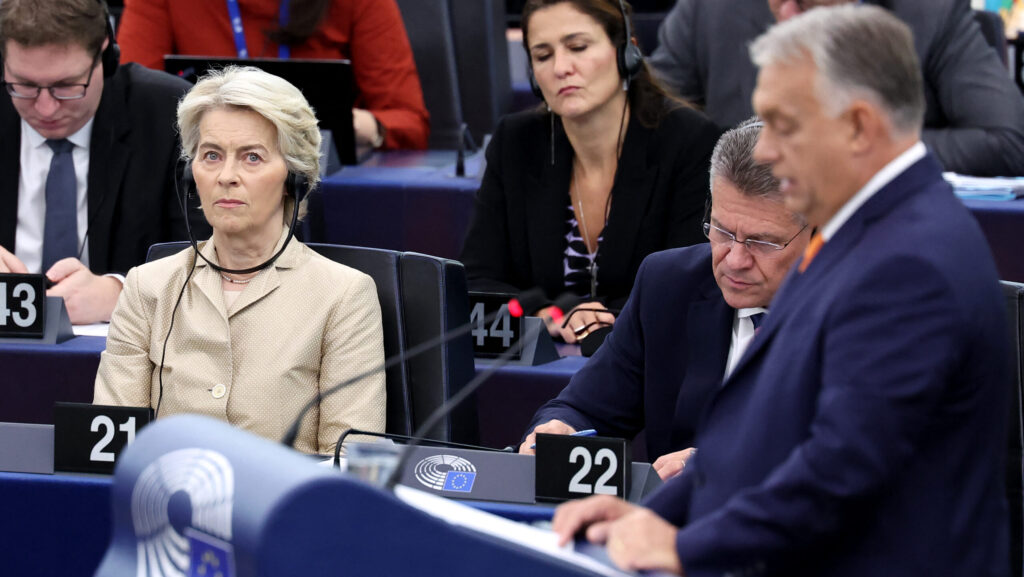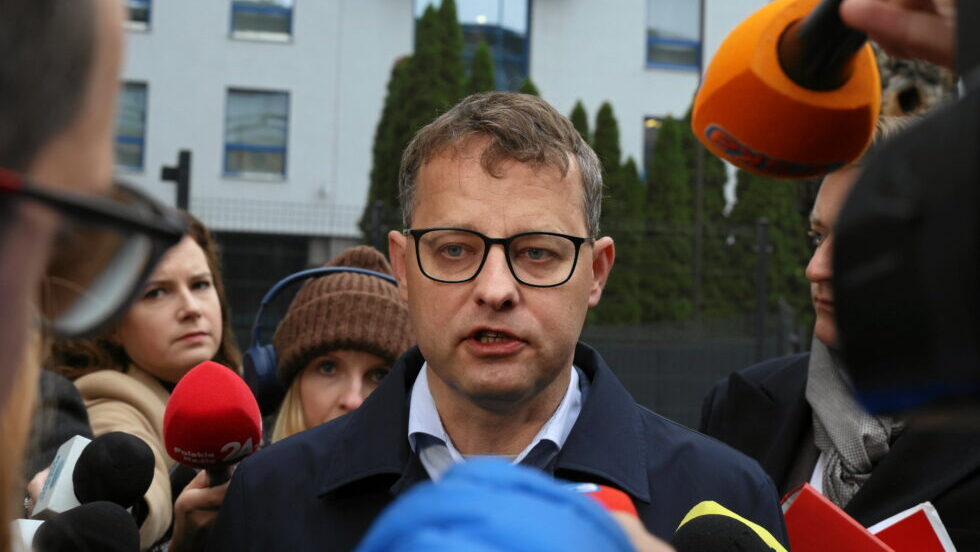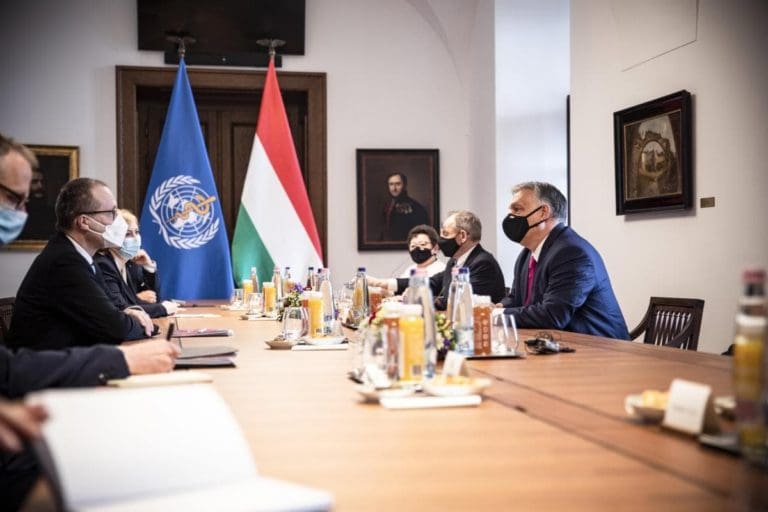As a farewell to 2022, Hungarian Conservative’s editorial team has compiled a list of the most popular or relevant articles that appeared on our website last year. The first five articles were selected based on their popularity among our readers—these were the most widely read, commented, and shared stories of 2022. The second set of five articles are the ones selected by Hungarian Conservative’s editorial team—these were the most influential and important pieces of writing in 2022 in our view.
Our Readers’ Favourites:
Márton Keleti’s 1965 motion picture is one of the most popular Hungarian comedy movies ever directed—so was its review on Hungarian Conservative, which was the most widely read, shared and commented article of 2022. The movie features a group of soldiers who have defected and are bound together by only one objective—to survive World War II. The film’s unconventional satirical approach to telling a story from World War II and its sardonic comedy style, as opposed to a more conventional ‘hero myth’ genre, made The Corporal and the Others one of the biggest hits of Hungarian cinema.
2. Szijjártó: Slovakia Is Hungary’s Second-Largest Trading Partner
Our readers second-most favourite article focused on the Hungarian Minister of Foreign Affairs and Trade Péter Szijjártó’s trip to Slovakia where Szijjártó spoke of the two countries economic relations. Slovakia is Hungary’s second-largest trading partner, with bilateral trade flows having increased by 43 per cent this year, after climbing to over €13 billion last year. Szijjártó’s trip happened right after Slovak Foreign Minister Rastislav Káčer said that the Slovak government does not consider the question of the Benes decrees ‘an ethnic minority issue’. In response to the unfriendly comments, Szijjártó reminded its Slovakian counterpart of the important economic and political ties that connect the two countries.
Our third most widely read article covered the Hungarian President’s, Katalin Novák’s trip to France. President Novák met with a number of French dignitaries on her trip, including President Emmanuel Macron and former French President Nicolas Sarkozy. Novák also spoke at the Institut de Philosophie Comparée about Hungary’s family policy, saying that ‘the family is at the core of our identity’, and this is why the Hungarian government is investing in families, with family support now accounting for 6.2 percent of Hungary’s GDP.
4. Szijjártó: Illegal Migration Needs to Be Stopped, Not Managed
Hungarian Conservative’s fourth most widely read article covered Péter Szijjártó’s talks with Italian Deputy Prime Minister Matteo Salvini in Rome, where the two agreed on a deal that allows Hungarian companies to export goods from the port of Trieste from 2026. The two politicians also highlighted their concerns about illegal immigration—only this year, authorities stopped over 225 thousand illegal attempts to cross the Hungarian border, and there are 1,500 ongoing proceedings against human smugglers, some of whom have used firearms to attack Hungarian border guards. Both Szijjártó and Salvini expressed their disappointment with the EU’s lack of willingness to properly address illegal immigration.
5. Katalin Novák Visits Iraq in a Tense Situation
Katalin Novák is the first Hungarian President of the Republic to have visited Iraq. On her visit to the Middle Eastern country, President Novák met with Hungarian soldiers serving in Iraq, and she inspected the local projects of Hungary Helps, Hungary’s international humanitarian aid programme launched in 2017. Towards the end of her trip, she concluded that ‘Hungary’s commitment {to fight against terror} is not only in words, but also in deeds, with a significant military force engaged in the fight against the Islamic State’.
Selection of the Hungarian Conservative Editorial Team:
Our report on the Action for Democracy scandal covered recent evidence that has confirmed suspicions that the Hungarian opposition’s campaign ahead of the 2022 elections was massively funded from overseas, possibly involving the CIA. The scandal revolved not only around the illegal nature of foreign campaign funds that the opposition parties had received, but quite possibly a massive fraud and money laundering scheme as well, because part of the money given to the opposition alliance appears to have simply vanished.
2. ‘A victory visible from the moon’ – Orbán Secures Fourth Term
The article was written in April after the general elections in Hungary, announcing that Fidesz won almost all constituencies in the countryside, thereby not only keeping a two-thirds super-majority in the Parliament, but also nearly replicating its 2010 record numbers. The article analyzed the new composition of the Hungarian Parliament, the campaign period and made predictions about what to expect in the next four year.
Our piece on the Visegrád 4 group investigated the mission of this Central European political association and concluded that the main common denominator between the four participating countries is the will to prevent the crisis and to preserve and maintain the stability, the natural integrity, and ultimately the existence of human individuals, families, nations, states, and the world order itself. Pragmatism is indeed at the core of the Central European right—while, for instance, for the rivalling political group, for the ‘Berliners’, sustainability is an ideology, for the ‘Warsawians’, sustainability is a practical, pragmatic task to solve, and one that is severely hampered by an (overly) ideological approach to these issues.
4. Our Neighbour Is Hard to Like
While the hardship Ukraine is experiencing right now is unthinkable, the suffering Ukrainian people experience does not place the policies of Kyiv beyond criticism. Ukraine is home to a large Hungarian minority, and as the Ukrainian state is trying to build Ukrainian national identity at the expense of other nationalities, Budapest has voiced criticism many times over the past years. A series of minorities-related laws—including the most recent one—undermine the ability of Ukraine’s minorities to preserve their culture. Past and present traumas do not justify the blatant acts of intolerance against the Hungarian community in Ukraine, the op-ed stressed.
5. Can Conservatism Be Different? A Discussion About Values and Politics
Hungarian Conservative is more than just a newspaper. It is also a hub for live political discussions as well. Throughout the year, Hungarian Conservative organized a series of events, including the highly popular debate on the nature of conservatism and values. During the discussion that our article titled ‘Can Conservatism Be Different? A Discussion About Values and Politics’ reviewed, political scientist András Körösényi, conservative historian of political thought Attila Károly Molnár and political philosopher Ferenc Hörcher explored the relationship between conservatism and political reality, engaging in a thought-provoking debate that touched upon a number of issues from the definition of conservatism to the possibility of success of conservative politics.








